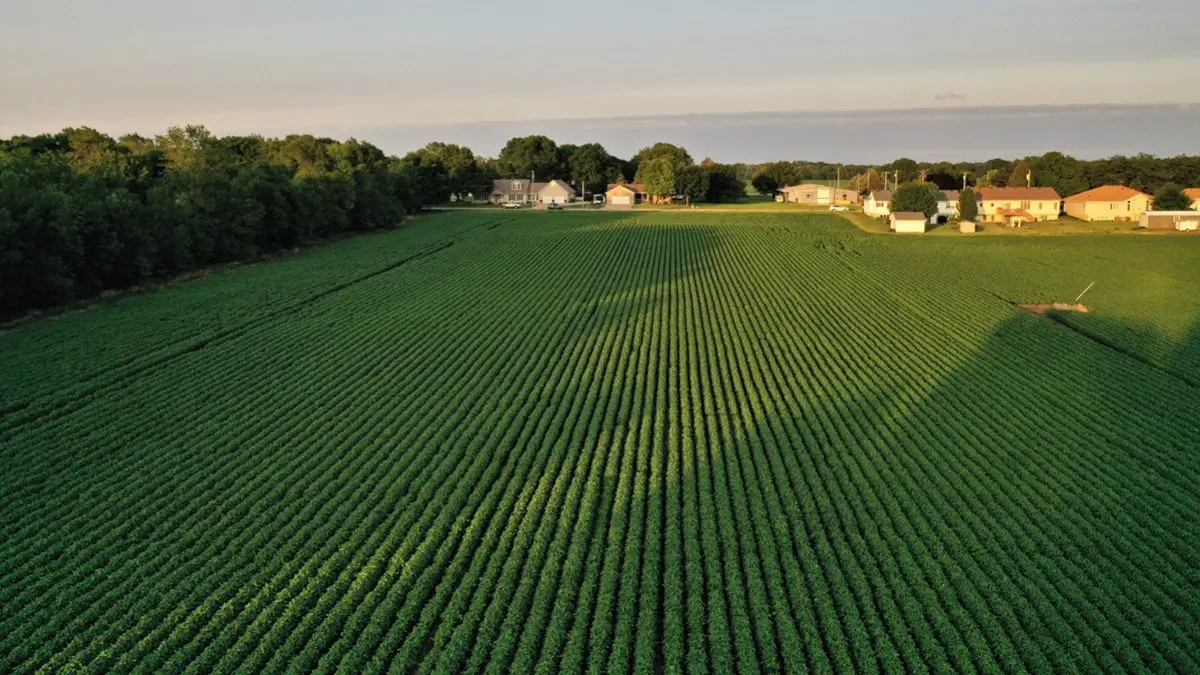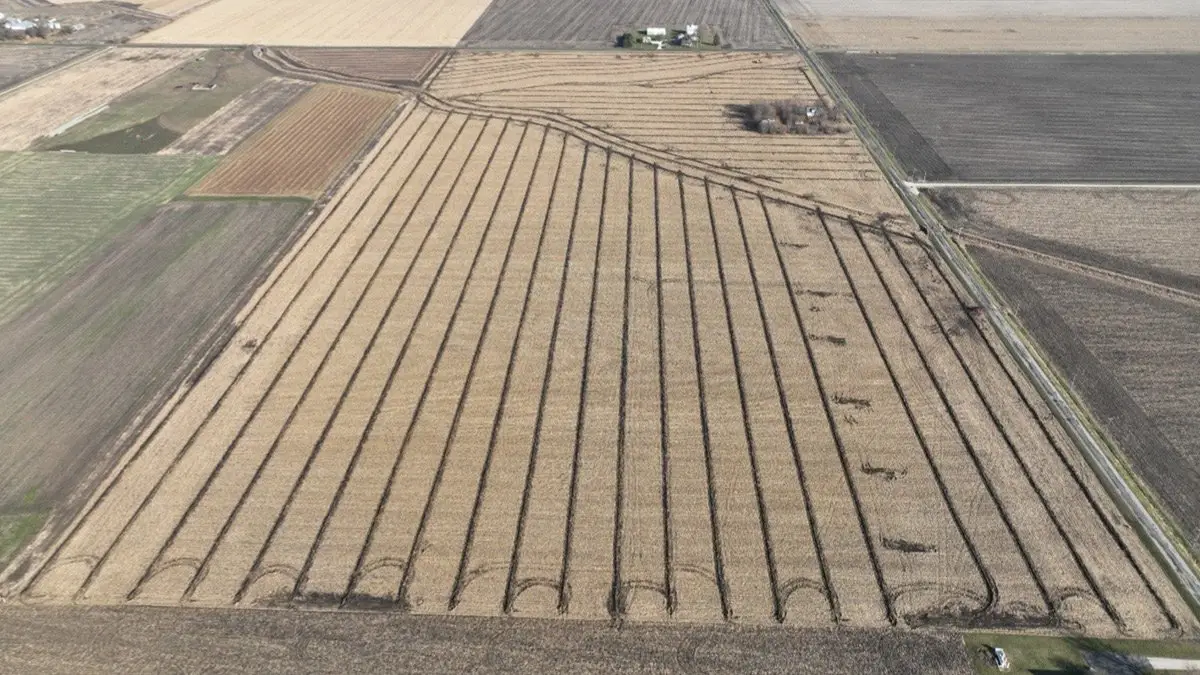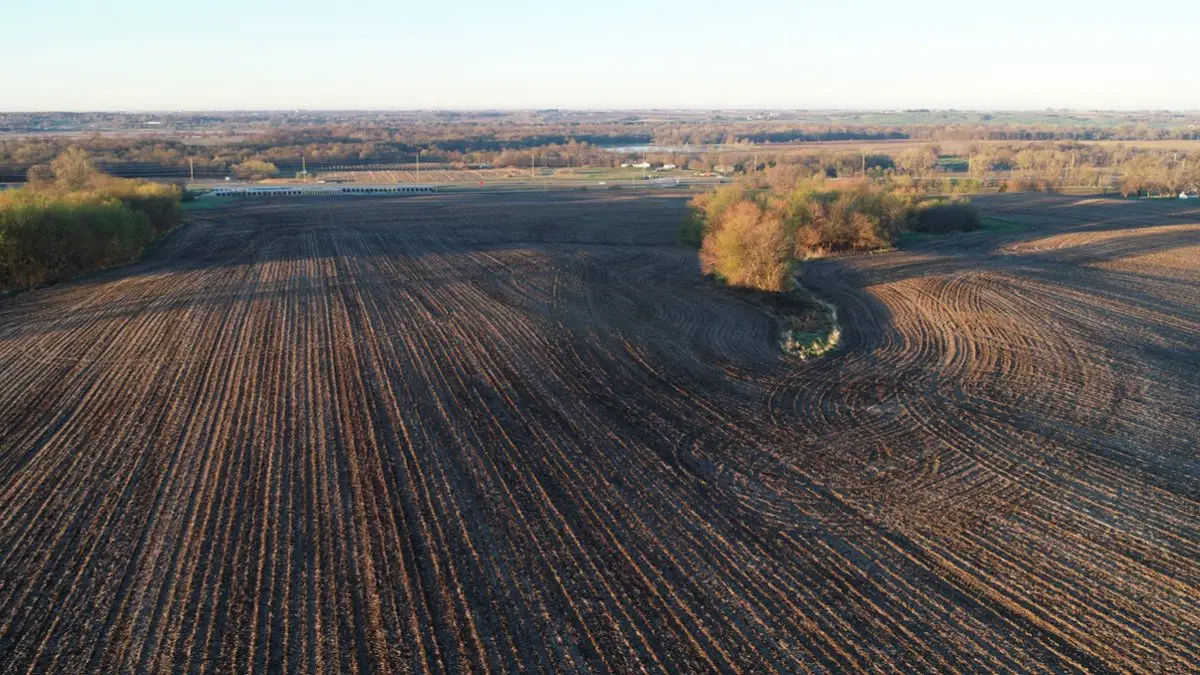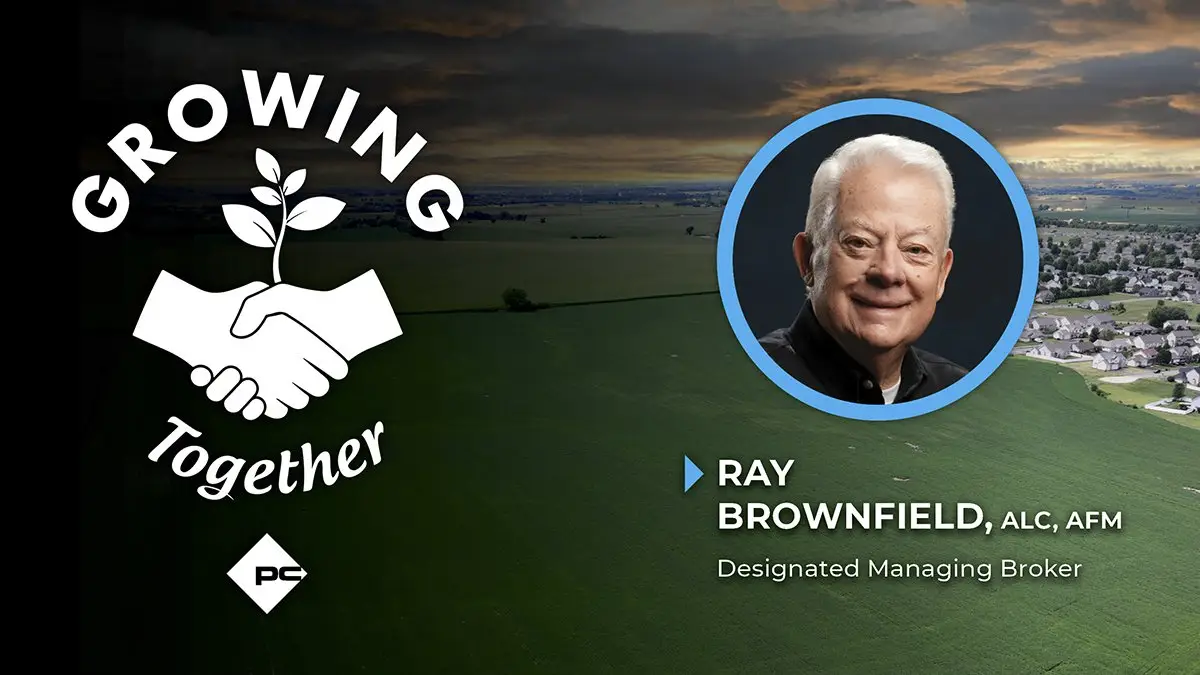Historically, a traditional handshake agreement would have leased a farm for the coming year. But as more acres are leased, and landowners move further from the farm - both physically and generationally - the need for written agreements has grown. Today’s effective farm management depends not just on strong leases, but on strong relationships. And those relationships are built through clear, consistent, and proactive communication.
Without a solid communication framework, misunderstandings can easily arise — about crop performance, stewardship goals, input costs, or financial returns. Land Managers can serve as the bridge between landowner and farmer, ensuring both parties are aligned and informed. Land Managers:
• Listen actively to landowners' priorities - whether that’s maximizing income, improving soil health, maintaining a family legacy, or something else entirely
• Translate operational realities for non-farming landowners - helping them understand the “why” behind farming decisions
• Advocate for both parties - working toward agreements that are fair, transparent, and sustainable
• Support long-term planning – develop a comprehensive production history to enable informed decision-making and drive strategic farm improvements
• Stay informed on industry developments – monitor the latest news, innovations, programs, and policies to ensure landowners can capitalize on emerging opportunities
At their best, Land Managers align interests, manage expectations, and help both sides succeed all while protecting the long-term productivity and value of the land.
Timely Tips for Lease Renewal Season
As lease renewal deadlines approach for many parts of the country, Peoples Company Land Managers are stepping into one of their most critical roles: facilitating effective conversations and defining shared goals between landowners and farmers.
Here’s how Land Managers help set the stage for successful lease negotiations:
• Start early – don’t wait until the last minute to begin lease discussions
• Review past performance – evaluate yields, input costs, and stewardship efforts
• Share market updates – explain how changes in input prices or conservation plans may impact decisions
• Discuss fair market rents – use local data and trends to inform rates
• Plan for the future – explore multi-year lease options, land improvements, or succession planning
• Encourage transparency – being open and honest concerning goals and objectives, so all parties fully understand expectations
By initiating these conversations early, Land Managers create space for thoughtful, low-pressure decision-making and stronger long-term outcomes.
The Long-Term Value of Strong Relationships
Strong landowner-farmer relationships aren’t just “nice to have.” They directly impact the land’s performance and the satisfaction of both parties. Positive relationships lead to:
• Better stewardship from farmers who feel a sense of investment
• Consistent, reliable income for landowners
• Fewer disputes and reduced legal risk
• Longer-term, stable leases that benefit everyone involved
And at the center of all of this? Clear communication — led by a knowledgeable, engaged Land Manager. Partnering with high-quality farmers is also essential to the farm’s long-term success, as their expertise, dedication, and stewardship directly impact soil health, productivity, and sustainability. Strong relationships built on trust and shared goals ensure that both landowners and farmers can thrive together for generations.
Are you preparing for lease renewal or renegotiation this season, or do you have questions concerning lease terms? Don’t go it alone. Landowners interested in learning more about Peoples Company Land Management services are encouraged to visit PeoplesCompany.com or contact us at LandManagement@PeoplesCompany.com.
Work with us to ensure every voice is heard and every acre is managed with care. A strong relationship starts with a strong conversation — and now’s the time to have it.







